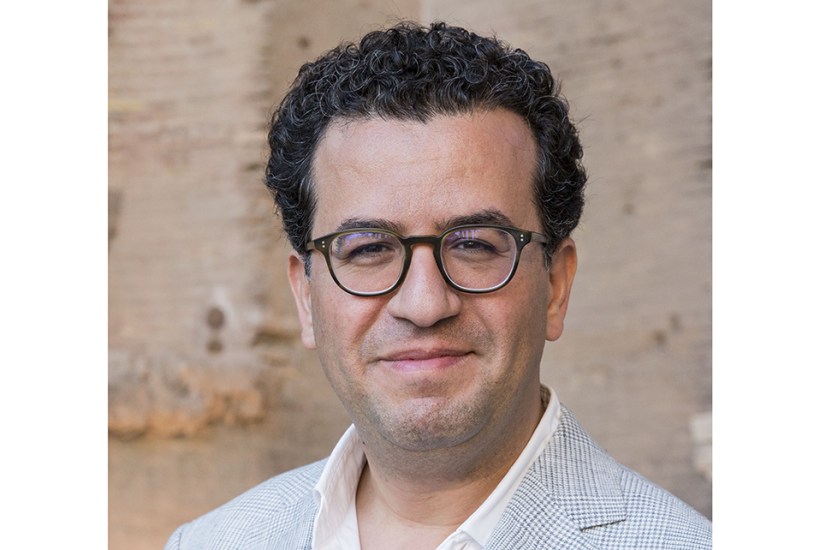Hisham Matar’s third novel is, among its many other virtues, a paean to reading widely; to imagining literature as not, in the narrator Khaled’s words, ‘a field of demarcations’, but as a great river that connects and animates ‘the entire human event’. Reading is how Khaled – exiled from Libya when his part in the anti-Gaddafi demonstration at the country’s embassy in St James’s Square in April 1984 made a return to Benghazi impossible – lays the foundations beneath his precarious life in London.
Already a subscriber? Log in
Subscribe for just $2 a week
Try a month of The Spectator Australia absolutely free and without commitment. Not only that but – if you choose to continue – you’ll pay just $2 a week for your first year.
- Unlimited access to spectator.com.au and app
- The weekly edition on the Spectator Australia app
- Spectator podcasts and newsletters
- Full access to spectator.co.uk
Unlock this article
You might disagree with half of it, but you’ll enjoy reading all of it. Try your first month for free, then just $2 a week for the remainder of your first year.








Comments
Don't miss out
Join the conversation with other Spectator Australia readers. Subscribe to leave a comment.
SUBSCRIBEAlready a subscriber? Log in